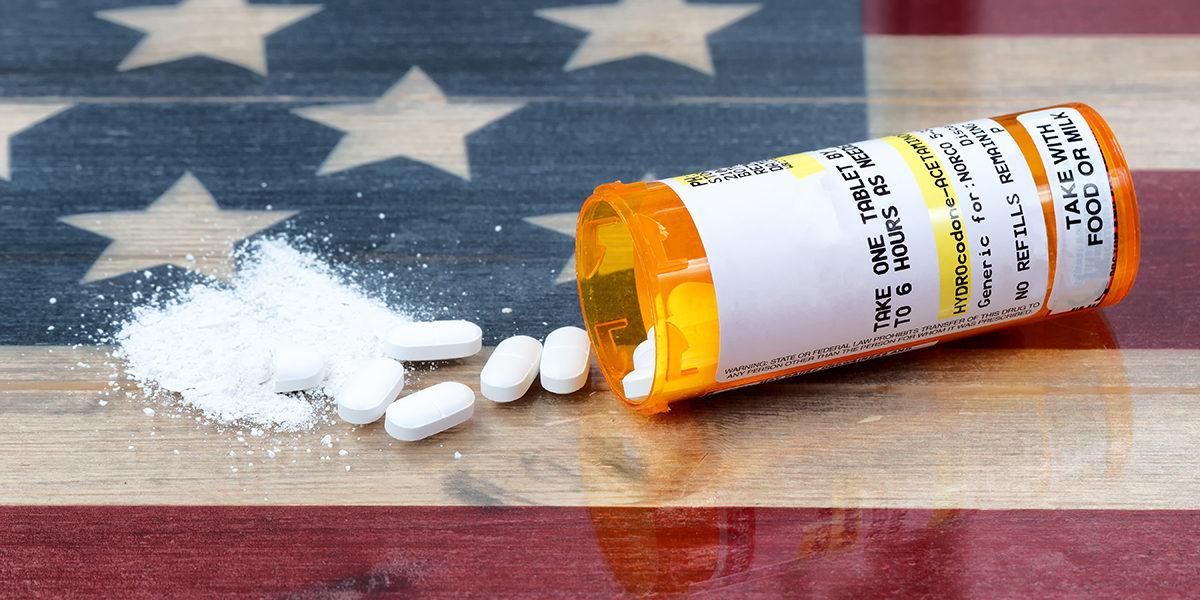The opioid epidemic kills approximately 80 Americans per day. And at the beginning of 2020, we learned that the death toll for opioid-related deaths in the U.S. was almost 30% higher than originally reported due to documentation errors. The current opioid epidemic affects every section of the population, and people are more likely to become addicted during an overwhelmingly stressful life event (a global pandemic fits into this category). We cannot provide in-person opioid addiction treatment in Spokane, but if you or a loved one shows signs of opioid dependency, we would be happy to discuss a potential plan of action.
The Signs of Opioid Addiction
There are a number of signs of opioid addiction that people experience. Not everyone will experience the same symptoms. However, they’re several that most people experience. Some of these symptoms include:
- Constant anxiety surrounding medication administration
- Using opioids to avoid uncomfortable situations or feelings
- Taking prescription pills that were not prescribed to you
- Hiding medications
- Legal trouble resulting from opioid use
- Inability to distinguish between an inconvenience and a catastrophe
- Failure to properly care for your loved ones
- Taking more medication than is prescribed by your doctor
The COVID-19 pandemic is especially dangerous for people addicted to opioids. We are extremely worried about overdoses during this time because people are self-isolating in order to stop the spread of the coronavirus. The more isolated people become, the harder it is to intervene before (or during) and overdose. We are constantly thinking about our patients who are unable to attend drug addiction treatment.
The following behaviors statistically lead to relapse:
- Attempting to wean yourself off opioids without the help of a clinician
- Physical isolation
- Being stuck in a toxic or abusive environment
- Losing access to your sober community
- Being unable to earn a living wage
- Being physically unable to participate in activities with others
Many of the factors that are statistically more likely to result in a relapse are exactly what people have been forced into during lockdown. Not everyone has a support system, but we are asking the families of people struggling with opioid addiction to be understanding and non-judgemental during this time.
How to Get Addiction Treatment During the Opioid Epidemic
The following strategies may be helpful if you (or a loved one) is battling addiction during COVID-19:
- Schedule phone and Facetime calls even if you have nothing to say
- Pick a morning news podcast and start your day with information
- Be grateful for the supportive people in your life
- Take a break from the internet
- Be thankful for what you have
Although lockdowns are life-saving, they can be especially difficult for people in recovery. Addiction is an insidious and isolating disease, but you are not alone. In 2017 alone, 19.7 million Americans (aged 12 and older) struggled with a substance use disorder. In that same year, more than 10% of the population battled both alcohol and drug use disorders, and 8.5 million American adults suffered from a co-occurring disorder like substance abuse and mental health disorders simultaneously.
Many people are surprised to learn that during the past 20 years of the opioid crisis, hospitals and hospice care centers in the United States have continuously faced a shortage of injectable painkillers. These narcotics are especially vital for patients on breathing machines (now more than ever during the coronavirus pandemic). Easing the pain and distress of someone on a ventilator can literally save their life. The powerful narcotic effects of opioids prevent the patient from instinctively ripping out the tubing that provides oxygen.
Contact Spokane Falls Recovery Center for Addiction Help
The opioid epidemic does not have to control your life forever. We offer a number of programs that can help you or your loved one overcome addiction once and for all. Some of the programs include:
- Intensive outpatient program
- Partial hospitalization program
- Individual & Group Therapy
- Substance Abuse Treatment Programs
Give us a call at 844.962.2775 if you would like to discuss opioid addiction treatment for you or a loved one.







